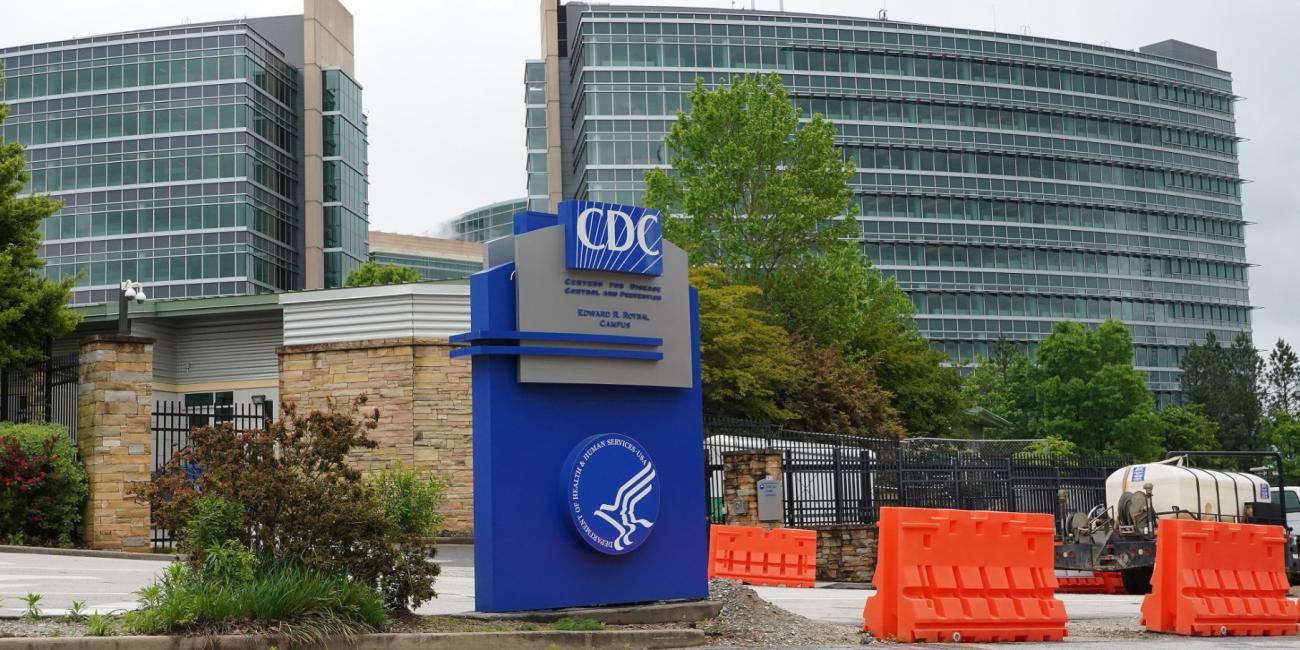
Claims linking Montreal's HIV spike to Covid vaccination are unfounded
- This article is more than two years old.
- Published on December 18, 2023 at 23:12
- 3 min read
- By Gwen Roley, AFP Canada
"Say it ain't so. Dr Fauci should be rotting in Gitmo," says Liz Churchill, a self-described Canadian "conspiracy theorist," in a December 9, 2023 post on X, formerly Twitter.
The post references Anthony Fauci, former director of the US National Institute of Allergy and Infectious Diseases and chief medical adviser to presidents Donald Trump and Joe Biden during the pandemic.
Churchill, whom AFP has previously fact-checked for spreading misinformation, included a photo that juxtaposes a Canadian Press headline about a spike in Montreal HIV diagnoses with a Lancet article that appears to link Covid-19 vaccination to virus susceptibility.

Chris Saccoccia, a Canadian activist known as Chris Sky whom AFP has also previously fact-checked, amplified similar claims in a December 8 post. The allegations spread elsewhere on X, Facebook and Instagram.

Montreal Public Health on December 1 released updated statistics on sexually transmitted diseases. The figures show the city recorded 310 new cases of HIV in 2022 -- a 120 percent increase from the year prior, the largest in a decade.
However, health authorities did not tie the rise to Covid-19 vaccination -- the document says it can be partially attributed to a catch-up of diagnoses after the pandemic.
"Screening services were less available and less frequented during the pandemic," said Julian Gitelman, lead physician of the sexually transmitted and blood-borne infections team at Montreal Public Health. "Now that screening services are fully functional, people are being screened again."
The city's data show a dip in recorded HIV cases in 2020 and 2021 during the height of the pandemic.

The mean number of new diagnoses between 2020 and 2022 was similar to the five-year average between 2015 and 2019, before the advent of Covid-19 vaccines.
Misrepresented article
Churchill's post includes a screenshot of an April 9, 2022 article from The Lancet titled "Covid-19 vaccination and HIV-1 acquisition" (archived here).
The piece addresses the potential for adenovirus-derived Covid-19 vaccines to make recipients more susceptible to HIV infection. The authors specifically discuss the Sputnik V, CanSino Biologics, Janssen and AstraZeneca shots.
However, they note that "no trial or empirical evidence suggests that Sputnik V, or any other Covid-19 vaccine, increases susceptibility to HIV-1 infection."
The only one of these vaccines used in Quebec was AstraZeneca's Vaxzevria, which the province stopped administering in 2022 (archived here).
According to the Institute of Public Health Statistics of Quebec (INSPQ), Vaxzevria comprised just one percent of shots administered between December 2020 and June 2022 to people 49 or younger -- the demographic that saw the biggest spike in HIV diagnoses in Montreal (archived here).

The vast majority of Covid-19 vaccines administered in Canada use messenger ribonucleic acid (mRNA), which differ from adenovirus shots in that they contain instructions for cells to make coronavirus spike proteins, thereby triggering an immune response.
Vaccination recommended
Francis Martel, a spokesman for the Quebec Ministry of Health and Social Services, said people living with HIV should be vaccinated against Covid-19, as they are at risk of serious illness.
"No causal link between Covid-19 vaccination and an upsurge in HIV cases has been scientifically observed," he added in a December 13 email.
The INSPQ also told AFP in a December 14 email that it had not seen any changes in the risk factors associated with HIV infection.
AFP has previously debunked claims that Covid-19 vaccines decrease the body's immune response similar to AIDS, a condition caused by HIV.
While Covid-19 vaccines do have some side effects, they are generally mild -- and public health authorities say the benefits far outweigh the risks.
More of AFP's reporting on misinformation in Canada is available here.
Copyright © AFP 2017-2026. Any commercial use of this content requires a subscription. Click here to find out more.
Is there content that you would like AFP to fact-check? Get in touch.
Contact us




